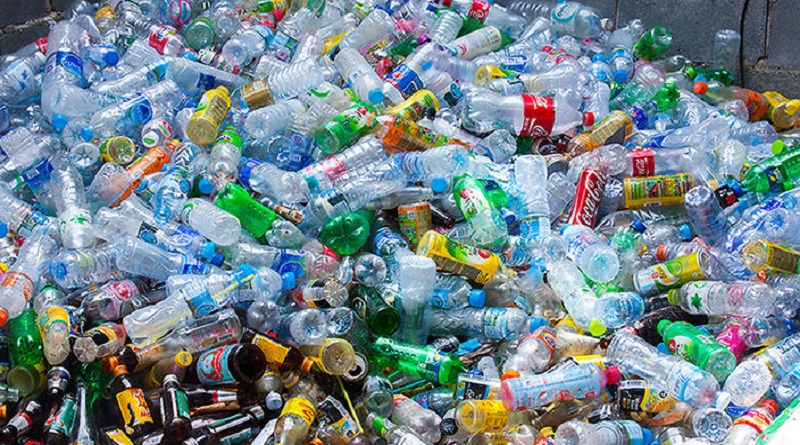New study warns of health risks from plastic water bottles
A new Concordia University study warns that drinking bottled water may expose people to tens of thousands of invisible plastic particles every year. The review findings reinforce long-standing concerns voiced by scientists, citizens, and advocates like Swedish ecopreneur Bengt Rittri, founder and CEO of Bluewater and founder of clean indoor air pioneer Blueair, who insists that “the sooner we turn off the plastic tap, the healthier the planet, we and our children will be.”
The review, published in the Journal of Hazardous Materials, shows that bottled water drinkers ingest up to 90,000 more nano- and microplastic particles annually than those who choose tap water. These tiny plastics can enter the bloodstream, lungs, and even organs, raising concerns about long-term risks including respiratory disease, reproductive harm, neurological damage, and cancer.
Lead author Sarah Sajedi, with colleagues Chunjiang An and Zhi Chen, examined more than 141 studies and found not only widespread exposure but also critical gaps in research and testing. “We’re just beginning to understand what these plastics do inside the body,” said Sajedi.
This is not the first alarm. Eminent scientists, doctors, and ordinary citizens have been warning about single-use plastics for years. Bluewater has been part of that movement since its founding in 2013, driven by Rittri’s mission to deliver cleaner water without reliance on throwaway bottles.
“This study is a wake-up call,” Rittri added. “Clean water is a basic human right. Yet single-use plastic bottles threaten both our health and our ecosystems. The solutions exist – from advanced purification technologies to reusable bottles. What’s needed now is the will to act.”
The Concordia team calls for urgent steps: stronger regulations, standardized testing, and more research. Bluewater echoes that call, urging policymakers, businesses, and individuals to move beyond throwaway plastic and embrace safer alternatives.
“Every plastic bottle avoided is a step toward protecting both personal health and the planet,” Rittri concludes.




